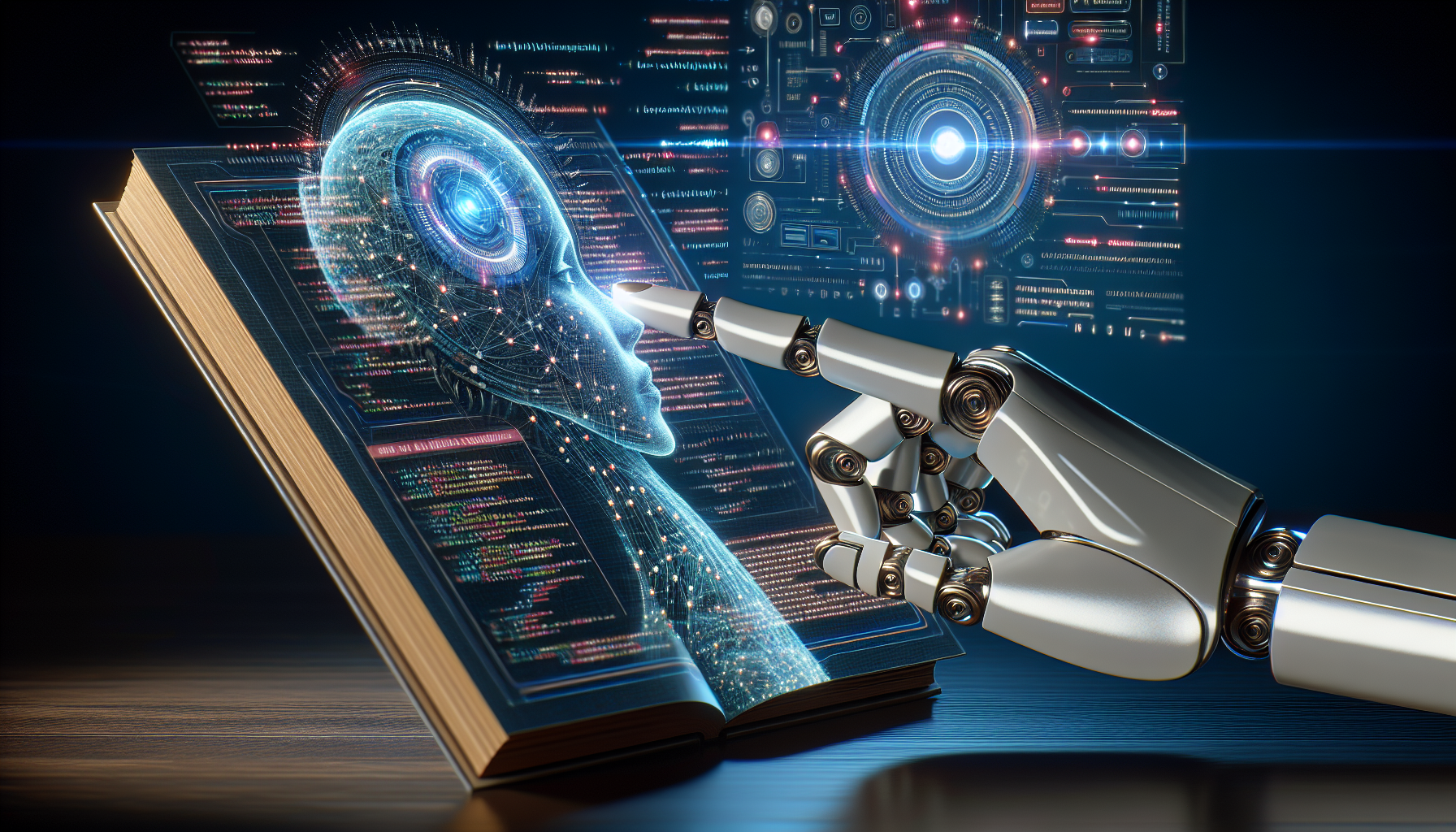
How AI Is Transforming Healthcare: Dispelling Common Myths
August 12, 2025
Artificial intelligence (AI) is frequently heralded as a revolutionary force in healthcare, yet it is often shrouded in misconceptions. Unraveling these myths is crucial to understanding how AI genuinely enhances medical practices and improves patient outcomes.
One prevalent myth is that AI in healthcare will replace doctors, relegating human professionals to the sidelines. This notion stems from a fundamental misunderstanding of AI's role. Rather than supplanting human expertise, AI serves as an invaluable tool that augments the capabilities of healthcare providers. Machine learning algorithms can process vast amounts of data far quicker than any human, providing insights that inform clinical decisions. AI-driven diagnostic tools, for instance, enable physicians to detect diseases like cancer at earlier stages, where treatment is more effective. However, these technologies are always used in conjunction with professional judgment, not in place of it.
Another common misconception is that AI lacks reliability, posing risks to patient safety. While it is true that no system is infallible, the reliability of AI in healthcare is continually improving. Rigorous testing and validation processes are integral to the development of AI applications. A notable example is the use of AI in radiology, where image recognition software must meet stringent accuracy standards before deployment. Furthermore, AI systems are designed to learn from their errors, which enhances their reliability over time. The emphasis is on creating AI that complements human oversight, ensuring that safety remains paramount.
The myth that AI will lead to a loss of privacy in healthcare settings also warrants examination. Concerns about data security are understandable, especially when sensitive medical information is involved. However, AI technologies are developed with robust security protocols to protect patient data. Encryption, anonymization, and adherence to strict regulatory standards are just some of the measures employed to safeguard information. Moreover, AI can actually enhance privacy by reducing human involvement in data handling, limiting potential breaches. The challenge lies in maintaining transparency about how data is used and stored, fostering trust between patients and providers.
A less-discussed myth is the belief that AI can only be applied to large, technologically advanced healthcare systems. In reality, AI's scalability and adaptability make it accessible to a range of healthcare environments, including rural and underserved areas. AI-powered mobile applications and telemedicine platforms have democratized access to healthcare, allowing for remote consultations and monitoring. This is particularly impactful in regions where medical resources are scarce, as AI can bridge the gap by providing essential support to healthcare workers and patients alike.
Moreover, the narrative that AI in healthcare is prohibitively expensive is increasingly being challenged. While initial investments can be significant, the long-term benefits often outweigh the costs. AI-driven efficiencies lead to reduced administrative burdens, shorter patient wait times, and optimized treatment plans, all of which contribute to cost savings. Additionally, as AI technologies become more widespread, economies of scale drive down expenses, making them more affordable for a broader range of healthcare providers.
A final myth worth dispelling is the notion that AI lacks empathy, which is a crucial component of patient care. While it is true that machines cannot replicate human emotions, AI can enhance the empathetic capabilities of healthcare providers. By handling routine tasks, AI frees up time for doctors and nurses to engage more deeply with patients. Moreover, AI-driven tools can analyze patient feedback and emotional cues, offering insights that help medical professionals tailor their interactions to better meet individual needs.
AI's transformative potential in healthcare is undeniable, but its success hinges on dispelling the myths that obscure its true capabilities. By understanding AI as a supportive ally rather than a replacement, recognizing its reliability, and appreciating its adaptability, we can harness its power to improve healthcare outcomes across the globe. As we continue to integrate AI into healthcare, the question remains: How can we further balance technological advancement with the human touch that lies at the core of medicine? This inquiry invites ongoing exploration and dialogue, ensuring that AI's role in healthcare continues to evolve in a way that benefits all.


